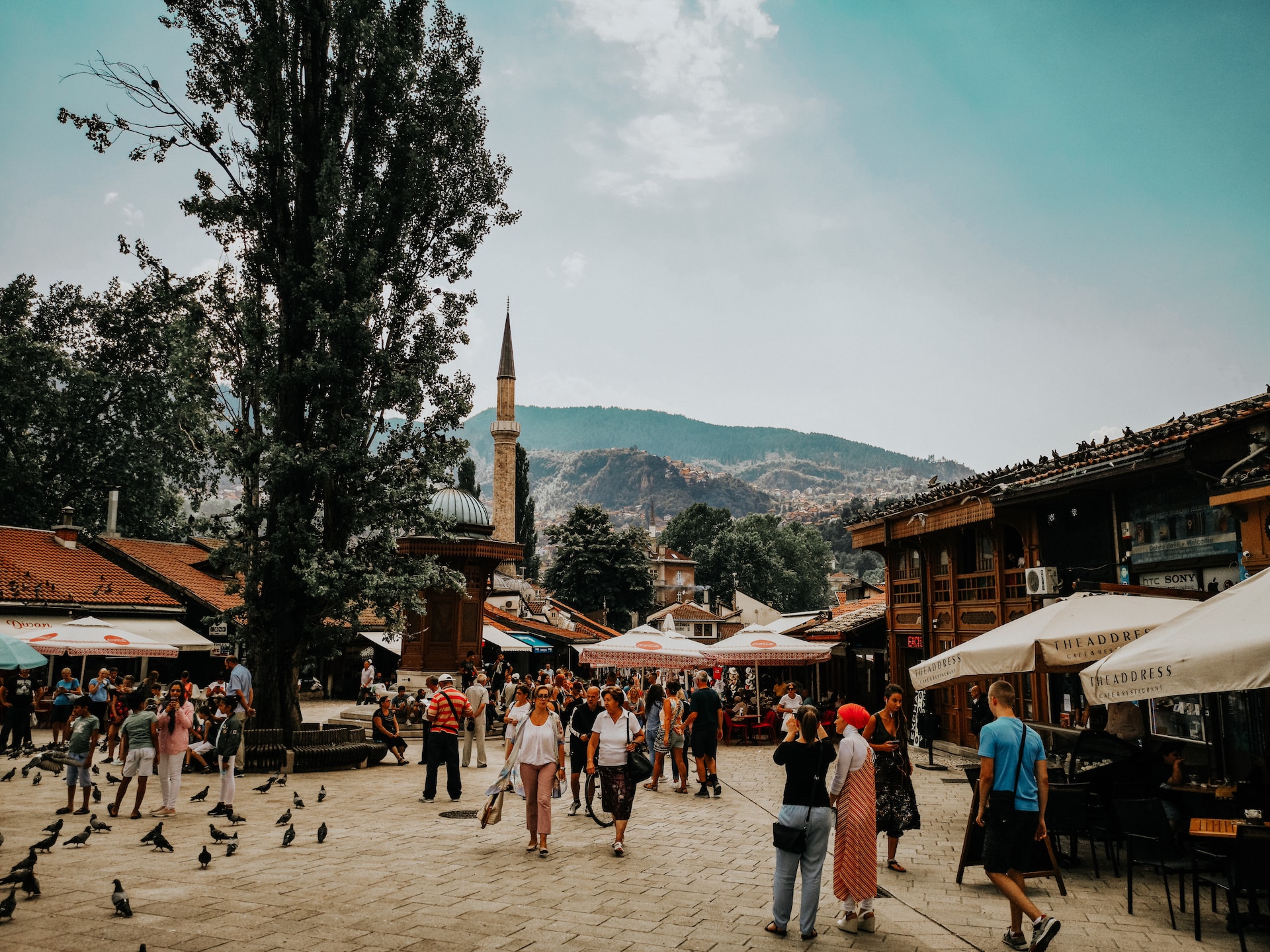Bosnian Serb Leader Milorad Dodik’s Trial: A Contentious Beginning

Milorad Dodik, the Bosnian Serb political leader, made a fleeting appearance in a Sarajevo courtroom on Wednesday, marking the start of a significant trial. The session was briefly opened before an adjournment was called, following his defense’s request to relocate the proceedings to Banja Luka, Dodik’s hometown.
Charges Against Dodik
Dodik, 64, faces charges for not complying with the authority of the international High Representative, a role established to oversee the implementation of peace agreements post the 1992-1995 inter-community war in Bosnia and Herzegovina. As the leader of Republika Srpska (RS), the Bosnian Serb entity, Dodik is the first political figure to stand trial on these specific allegations. He risks up to five years in prison and could be banned from political activities.
Courtroom Dynamics
Upon his entrance, Dodik was met with applause from an audience comprising Bosnian Serb political leaders. Displaying defiance, he requested a police officer seated next to him, as per protocol, to move away and subsequently refused to stand when addressed by Judge Mirsad Strika. In response to Dodik’s refusal, Judge Strika warned that he could remove Dodik from the court but chose not to on this occasion.
Legal Proceedings and Requests
As the prosecution began to read the indictment, Dodik’s attorney, Goran Bubic, interrupted to request a postponement of the trial, pending a decision on transferring the proceedings to Banja Luka. The court’s decision on this matter is expected in the coming days, with the trial set to resume on January 20 if it remains in Sarajevo.

Dodik’s Reaction and Accusations
Exiting the court, Dodik condemned the proceedings as a “political trial.” He attributed the trial’s occurrence to the involvement of a “foreigner who modifies decisions and imposes laws,” a clear reference to recent actions by the international High Representative, Christian Schmidt. Dodik also directed insults at the German diplomat and US ambassador to Bosnia, Michael Murphy, accusing them of “colonial behavior” and alleging their involvement in orchestrating his trial.
Conclusion
The trial of Milorad Dodik marks a significant moment in the post-war history of Bosnia and Herzegovina. As the court deliberates on the request to change the trial’s location, the international community and local political figures closely watch the proceedings, which bear implications for the region’s political stability and adherence to peace agreements.
©globalpeacemovement.org
